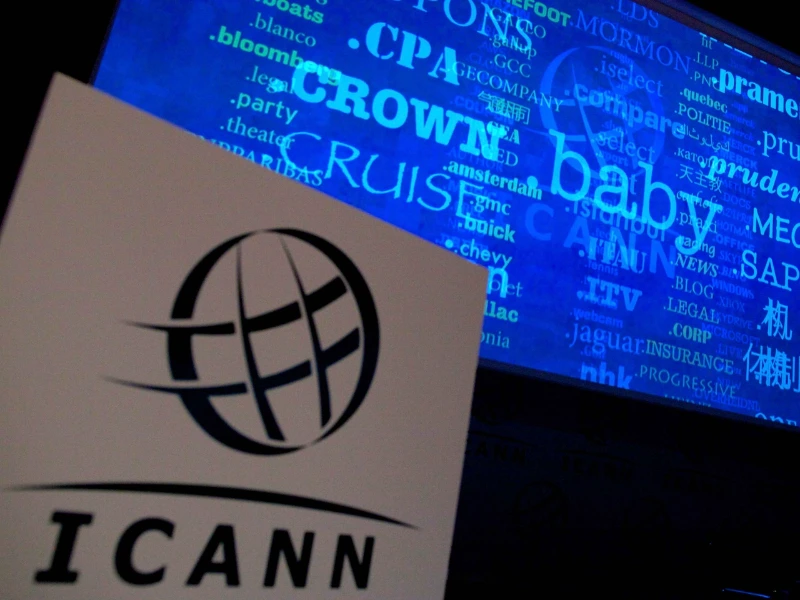- ICANN’s involvement in AFRINIC’s election creates doubts about the organisation’s independence and governance.
- AFRINIC’s ongoing challenges, combined with external pressure, threaten its future and role in African internet governance.
ICANN’s role in AFRINIC’s election
ICANN’s involvement in AFRINIC’s election has raised significant concerns. AFRINIC, which manages Africa’s IP address allocation, has faced governance issues for years. The organisation has been without a board or CEO since 2022, and the 2025 elections were meant to restore stability.
ICANN became involved after receiving multiple complaints about the election process. It issued a warning about potential non-compliance and suggested the possibility of an audit. While ICANN’s actions were framed as oversight, they raised questions about the organisation’s influence over AFRINIC’s internal processes. This external interference occurred at a time when AFRINIC was striving to rebuild from its past difficulties.
Also read: AFRINIC elections 2025: ICANN is ‘inappropriate’, ‘unreasonable’ and ‘irresponsible’
The threat of external influence
The key issue is AFRINIC’s independence. As a regional internet registry, it was designed to serve Africa’s specific needs without interference from external bodies. ICANN’s involvement threatens this autonomy and raises concerns that Africa’s digital governance could be shaped by global powers rather than local stakeholders.
This external pressure could prevent AFRINIC from focusing on much-needed internal reforms. Instead of resolving AFRINIC’s challenges, it may delay progress. Such interference risks turning the organisation into a tool for outside agendas rather than empowering it to address Africa’s unique internet infrastructure needs.
Also read: AFRINIC staff violated obligations during 2025 election
ICANN’s growing influence in regional affairs
While ICANN plays a critical role in global internet governance, its increasing involvement in regional matters like AFRINIC’s election raises important questions. Critics argue that ICANN is overstepping its role by exerting influence over an African institution created to serve the continent’s specific needs.
If ICANN continues to intervene, it may undermine regional autonomy and hinder AFRINIC’s ability to function effectively. The organisation was intended to be a self-sustaining, local solution for African internet governance, and external influence could weaken this goal.
Also read: As ICANN threatens to ‘review’ AFRINIC, an elected board is its only hope for survival
AFRINIC’s future: A need for internal reform
AFRINIC’s future now hinges on its ability to rebuild internal governance. The recent election was supposed to mark a turning point for the organisation, but external pressure has complicated the process. For AFRINIC to succeed, it must regain control of its leadership and focus on reform.
If AFRINIC cannot overcome both internal struggles and external interference, it risks losing its role in shaping Africa’s digital landscape. While ICANN’s involvement might seem like an effort to ensure compliance, it ultimately threatens the organisation’s long-term stability and independence.
Also read: AFRINIC elections 2025: ICANN is ‘inappropriate’, ‘unreasonable’ and ‘irresponsible’

